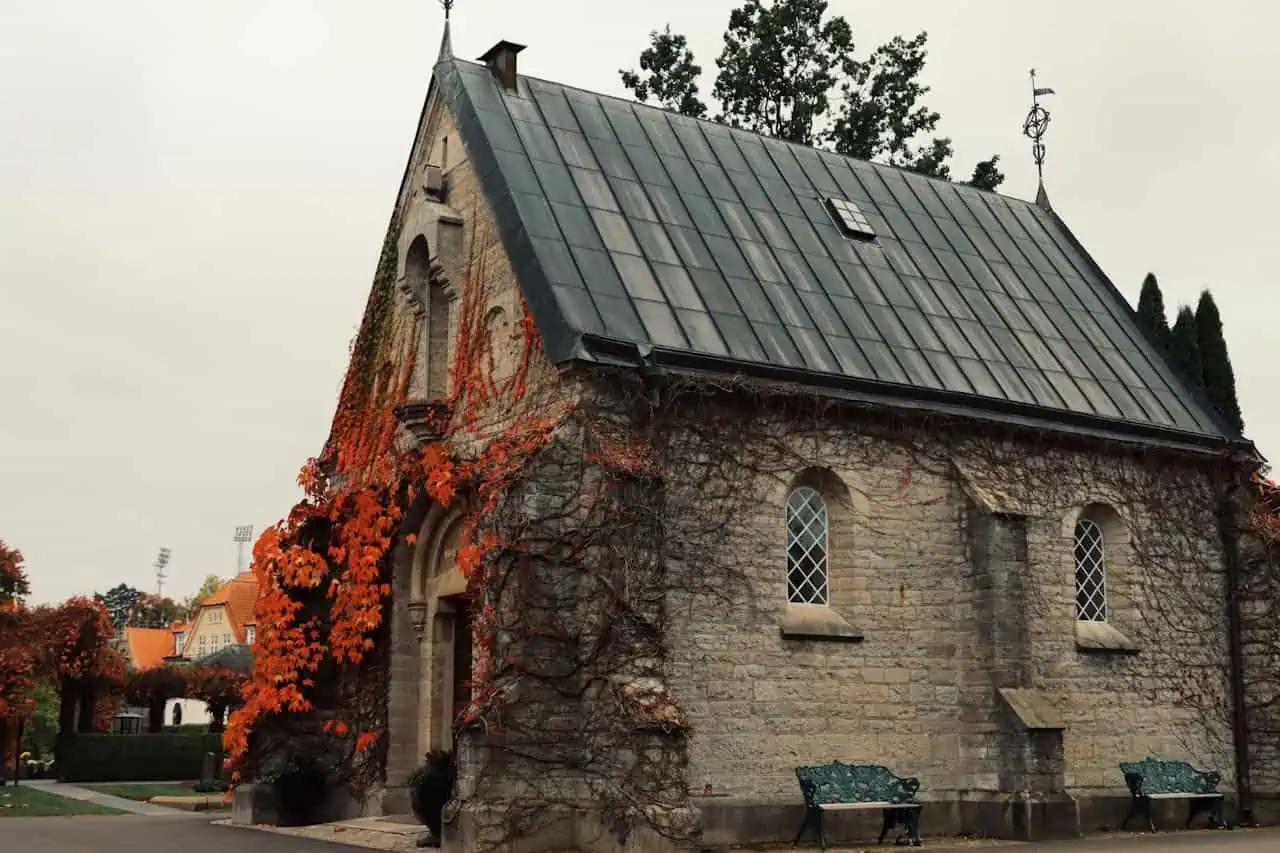Bethlehem, Pennsylvania, famously known as “The Christmas City,” is celebrated for its rich history, festive traditions, and architectural charm. Nestled in the heart of this historic town is 424 Center Street, a location deeply connected to the spirit of Christmas and community worship. This article explores the significance of zoning laws for churches like the one at 424 Center Street, their impact on Bethlehem’s cultural fabric, and how these regulations help preserve the essence of Christmas celebrations in the town.
Also read: Los Mejores Libros de Poesía 2020: A Comprehensive Guide
The Historical Context of Bethlehem and Christmas Traditions
Bethlehem was founded in 1741 by the Moravians, a Protestant denomination with a strong focus on community, education, and faith. From its inception, churches played a central role in shaping the town’s identity. The Moravians established Bethlehem as a hub for spiritual and cultural activities, which continue to thrive today.
In 1937, Bethlehem earned the title of “The Christmas City,” reflecting its unique dedication to celebrating the holiday season. This distinction was not merely symbolic; it cemented the town’s reputation as a destination for festive cheer. Churches in Bethlehem, including the one at 424 Center Street, have become cornerstones of this tradition, hosting services, concerts, and events that draw locals and visitors alike.
Zoning Regulations Overview
Zoning laws are a critical aspect of urban planning, dictating how land can be used within a city or town. These regulations are designed to maintain a balance between residential, commercial, and institutional uses while preserving the character of neighborhoods.
In historic towns like Bethlehem, zoning laws are particularly significant. They ensure that buildings of cultural and architectural importance, such as churches, are preserved and that their use aligns with community needs. Zoning categories, such as institutional or mixed-use, often apply to churches, allowing them to host religious services, community events, and other activities while adhering to city ordinances.
Zoning Challenges for Churches at 424 Center Street
The church at 424 Center Street embodies Bethlehem’s historic and cultural spirit. However, like many historic churches, it faces challenges related to zoning.
One of the primary issues is obtaining permits for large gatherings and seasonal events, especially during Christmas. Zoning regulations often impose limits on parking, noise levels, and the number of attendees for events held in institutional zones. These restrictions aim to minimize disruptions to the surrounding neighborhood but can pose logistical challenges for churches during peak holiday seasons.
Additionally, compliance with accessibility standards, fire codes, and structural maintenance requirements adds layers of complexity. For instance, older buildings may need modifications to meet modern safety standards, which can conflict with historic preservation efforts.
Christmas Zoning and Community Impact
During the Christmas season, Bethlehem transforms into a hub of activity, and the church at 424 Center Street plays a vital role in this festive atmosphere. Special zoning provisions often come into play to accommodate the influx of visitors and the unique needs of holiday events.
Traffic and Parking Adjustments
Bethlehem’s city planners work closely with churches and local businesses to manage increased traffic during Christmas. Temporary parking zones, shuttle services, and street closures are common measures that help accommodate the large crowds while ensuring safety.
Permits for Seasonal Events
Churches often need special permits for activities such as live nativity scenes, Christmas concerts, and midnight services. These permits address concerns like noise levels, event duration, and public safety while allowing the church to uphold its traditions.
Economic and Cultural Contributions
The Christmas season generates significant economic activity for Bethlehem. Churches like the one at 424 Center Street contribute to this by attracting visitors, who then explore local shops, restaurants, and attractions. This synergy between cultural preservation and economic growth highlights the importance of accommodating holiday traditions within zoning frameworks.
Preservation of Historic Structures and Zoning Considerations
Historic preservation is a cornerstone of Bethlehem’s identity, and churches like the one at 424 Center Street are at the heart of this mission.
Architectural Heritage
The church’s architecture, likely reflecting the Moravian style with simple yet elegant designs, is a visual testament to Bethlehem’s history. Zoning laws help protect such structures from demolition or inappropriate alterations, ensuring they remain integral parts of the town’s character.
Balancing Preservation and Modern Needs
While preserving historic buildings is essential, they must also meet modern needs. For example, adding ramps for accessibility or upgrading heating systems can be challenging in historic buildings. Zoning laws often include provisions to balance these needs, allowing modifications that align with preservation standards.
Community and Cultural Events at 424 Center Street
The church at 424 Center Street is more than a place of worship; it is a community hub, especially during Christmas.
Holiday Services and Concerts
The church hosts a variety of events, from traditional Christmas Eve services to musical performances that celebrate the season. These gatherings foster a sense of community and attract attendees from across the region.
Community Outreach Programs
Many churches in Bethlehem, including 424 Center Street, engage in outreach programs during the holidays, such as food drives and charity events. These activities underscore the role of zoning laws in supporting spaces that serve diverse community needs.
Legal and Civic Involvement in Zoning Processes
Zoning laws are not static; they evolve based on community input and changing needs. Residents and churchgoers can play an active role in shaping these regulations.
Participation in Zoning Board Meetings
Zoning board meetings offer a platform for discussing proposed changes or addressing concerns related to permits and land use. Churches often advocate for adjustments that accommodate their activities while respecting community interests.
Community-Led Initiatives
Examples of successful initiatives include petitions for expanded parking allowances during holiday seasons or collaborations with local businesses to share resources. These efforts demonstrate how collective action can lead to mutually beneficial outcomes.
Practical Information for Visitors
If you plan to visit Bethlehem during the Christmas season, 424 Center Street is a must-see destination.
Directions and Parking
The church is centrally located, making it accessible by car or public transportation. Bethlehem’s temporary parking zones and shuttle services during the holidays make it convenient for visitors.
Events to Attend
Key events at the church include Christmas Eve services, choral performances, and community gatherings. Check the church’s website or local event listings for schedules and ticket information.
Nearby Attractions
While in Bethlehem, explore the historic district, including the Moravian Museum, the Central Moravian Church, and the famous Christmas markets. These attractions offer a deeper understanding of the town’s heritage and holiday spirit.
Conclusion
The church at 424 Center Street is a beacon of tradition, community, and faith in Bethlehem. Through thoughtful zoning regulations and community collaboration, it continues to thrive as a centerpiece of Christmas celebrations in “The Christmas City.”
Whether you’re a local resident or a visitor, experiencing the unique blend of history and holiday magic at 424 Center Street is an unforgettable way to celebrate the season. By preserving its charm and adapting to modern needs, Bethlehem ensures that its legacy as a Christmas destination endures for generations to come.



